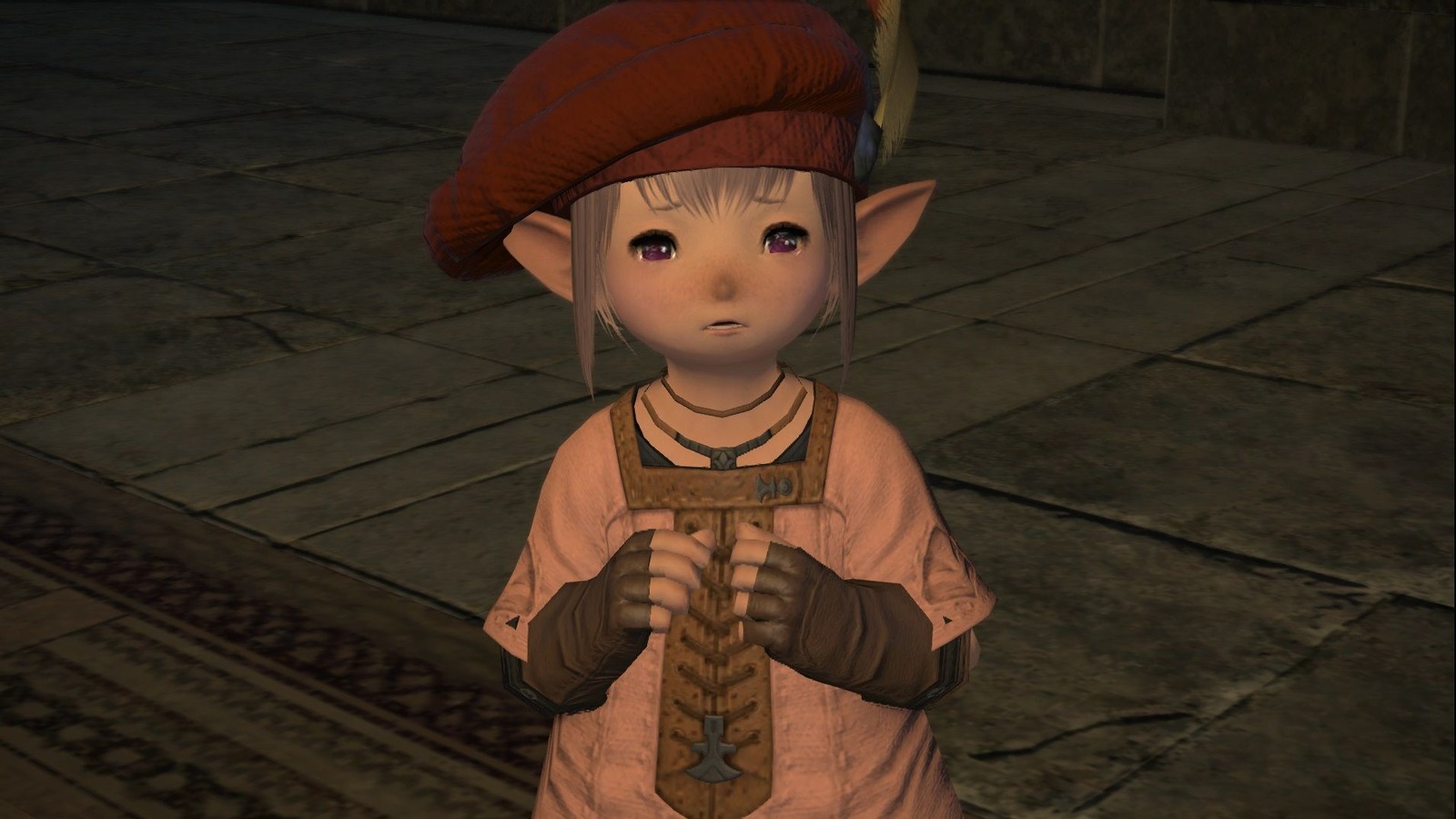Why Does Japan Barely Make MMOs, While Korea Dominates The Genre?
From cultural preferences to console loyalty, and what needs to give!

When it comes to MMOs, Japan is not exactly leading the charge. Sure, Square Enix gave us the critically acclaimed Final Fantasy XIV, and Sega has kept Phantasy Star Online 2 alive for years (rebirthed via New Genesis). Bandai Namco even gave it a shot with Blue Protocol, though that one did not last long. Beyond those, not much else really stands out. Meanwhile, South Korea has built an empire of iconic MMOs. So what is going on here?
A big part of it comes down to gaming culture. Japan has always been a console-first country. From the early days of the NES and PlayStation to the Nintendo Switch today, Japanese gamers have generally preferred single-player or local multiplayer experiences. MMOs, on the other hand, thrive in the PC gaming world — a space that South Korea dominates thanks to its deep-rooted PC cafe culture. That environment helped Korean developers pump out genre-defining hits like Black Desert Online, MapleStory, Lost Ark, Aion, and TERA.
Japan's console-focused market simply did not mesh with the always-online, keyboard-and-mouse world of MMOs.
Then there is the question of what players actually want. Japanese gamers have a long-standing love for story-driven, single-player RPGs. They still love their Classic JRPGs — with emotional narratives, stylized characters, and rich worldbuilding. MMOs, by contrast, usually lean into open-ended gameplay, player interaction, grinding, and competitive elements. That kind of experience does not always align with Japanese player preferences.
Monetization strategy plays a role too. Korean MMOs are known for their aggressive free-to-play models, packed with microtransactions and pay-to-win mechanics. Japanese studios, however, tend to be more cautious. Developers often avoid monetization schemes that might feel predatory or could alienate their fanbase, especially in a market that values consumer trust.
Another factor is global scalability. MMOs usually need to become international successes in order to be profitable, which means dealing with localization, marketing, and support across multiple regions. Japanese companies often prefer to focus on their domestic market, where they already know the audience and business landscape.
There is also a deeper design philosophy at play.
Japanese games typically emphasize tightly written stories, carefully crafted characters, and highly curated worlds. MMOs, on the flip side, give players more freedom — encouraging grind-heavy progression, PvP battles, and community-driven narratives. While Korean players might enjoy climbing leaderboards and diving into chaotic large-scale raids, many Japanese players might just want to explore a beautiful world at their own pace, without the noise of thousands of strangers.
So why does Japan not make more MMOs? It is a combination of cultural preferences, market priorities, monetization strategies, and risk tolerance. But the tide may be starting to shift. With evolving tech and changing player tastes, Japan's MMO footprint could be on the verge of something new. Maybe things will start to change once Blue Protocol: Star Resonance launches — and hopefully turns out to be a massive success.
Related Articles
About the Author

Matthew “dinofries” D'Onofrio is a writer, content creator, podcaster and — most importantly — a gamer. With such a strong passion for video games and a severe case of FOMO, it's no surprise he always has his finger on the pulse of the gaming world. On the rare occasion Matt's away from a screen, you'll find him strumming away on his acoustic guitar or taking care of his cat Totoro.
More Stories by Matthew D'OnofrioRead Next

The game celebrates its 8th anniversary. What’s next for Albion Online? Christoph Hombergs breaks it down.
You May Enjoy

It’s just in time for the next update.

These would be some impactful additions for the future of Skate.

These ten characters from OW lore would make interesting heroes in-game.

Raise you level cap, unlock the new main quest, and explore the “Duskfeather Lair” co-op dungeon.
Discussion (0)